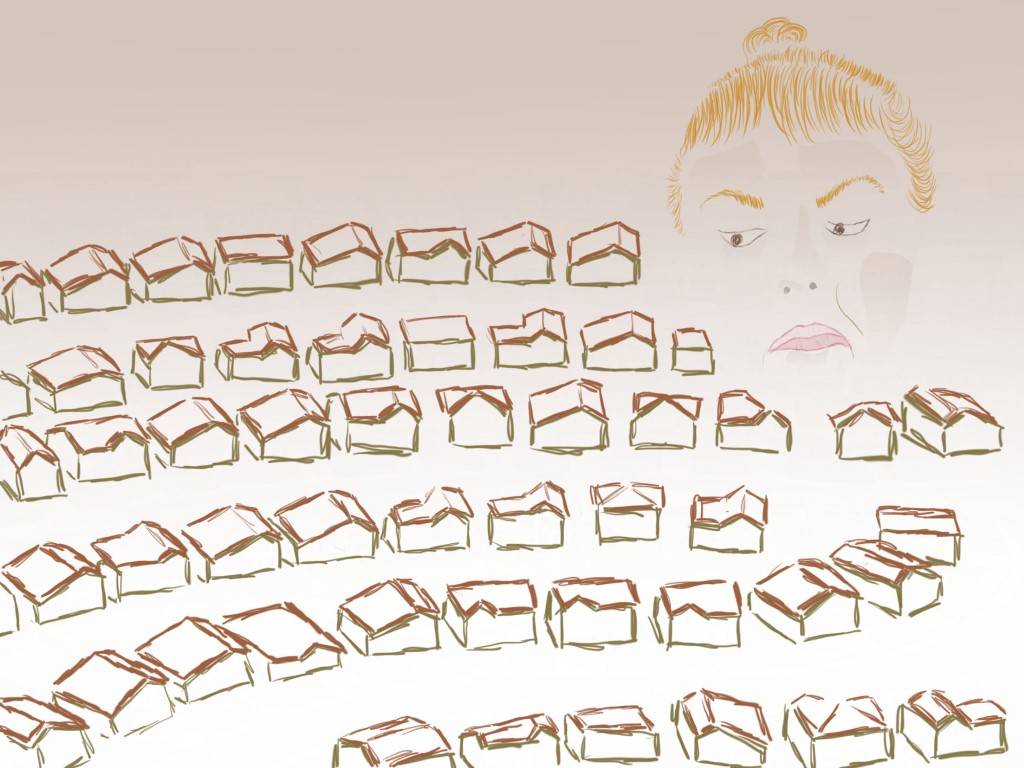
MOVID 2025
By Craig Allan, Staff Writer
Whenever I go to Vancouver, I always feel like I am a tourist, and this idea makes me feel that way even more so.
When I applied to become a staff writer at the Other Press I submitted a creative writing story called “Leaving Purgatory.” It was the story of someone moving to Winnipeg, who began to feel like Vancouver was her purgatory. The story was an allegory for my feelings regarding living near Vancouver. Always feeling like the city is trying to kick me out. With Vancouver council recently announcing that they will be developing a plan that they hope will lead to mobility pricing in 2025, I can’t help but get that feeling of rejection once again.
Mobility pricing is a strategy which will involve Vancouver charging a fee to drivers for the pleasure of leaving and entering the city. How the pricing will be set up will be determined by this plan, but the goal is to reduce greenhouse gasses in the city in order to achieve its climate goals by 2030. However, anyone who knows this area can see through this façade. In truth, this is just another campaign in Vancouver’s “War on Cars” and their continued showing of contempt to the people south of the Frasier, and East of the Fairgrounds.
I’m sure mobility pricing will get some people out of their cars, but I believe it won’t be enough to make a difference. British Columbia already has some of the highest car insurance rates in the country, and parking in downtown Vancouver is costly. For example, I have had a car for five years; in that whole time, I have maybe driven to downtown Vancouver once or twice. As for driving into Vancouver, I have only done that about a dozen times in the last five years, and most of the time that was only to go to a late night showing at The Rio theatre. If people have already not been priced out of their cars, they certainly aren’t going to do it with the addition of mobility pricing. Vancouver also claims that they want to reduce greenhouse gasses by doing this, but car companies are already doing this by introducing cheaper electric cars, and in some cases even phasing out combustion engine vehicles by the end of the decade.
The city of Vancouver points to cities like London in the United Kingdom, and Stockholm in Sweden as places where this model has worked, but that is an incredibly flawed comparison. For one, they are comparing Vancouver, a city that is 134 years old, to cities that are over hundreds—and even thousands—of years old. Of course they need mobility pricing, London and Stockholm were heavily dense before the car was even invented. Also, it was easier for them to introduce a mobility pricing model because they had the transit infrastructure already in place when they put it in. If Vancouver did it here, people would be charged a heavy fee to travel to areas greatly underserved by rapid transit, like the PNE Fairgrounds, Main Street, Commercial Avenue, and West Broadway.
For Vancouver, this is an easy plan to get behind. Less of those suburban peasants clogging our streets with their ugly gas guzzlers. Also, Vancouver residents might get an exemption or a heavy discount on paying the charge like they have in London, so this is something that may not affect them in any way. Whenever I go to Vancouver, I always feel like I am a tourist, and this idea makes me feel that way even more so.
The other problematic thing about this is the fact that the council approved this during the pandemic. It is widely believed that the pandemic will lead to more companies having people work from home as a permanent change in operation, as the pandemic has proven to be a good testing ground for the idea. If this is the case, then fewer people will be going downtown in general, meaning that the problem will solve itself. It’s a textbook manure problem.
It’s obvious that Vancouver wants to keep its privilege bubble unsullied by the evils of the vehicle, but we must not let it happen. Vancouver cannot just implement something like this that is so blatantly anti-suburb. Vancouver does not own the streets and should never be allowed to shakedown the suburbs. Not now, not ever.



